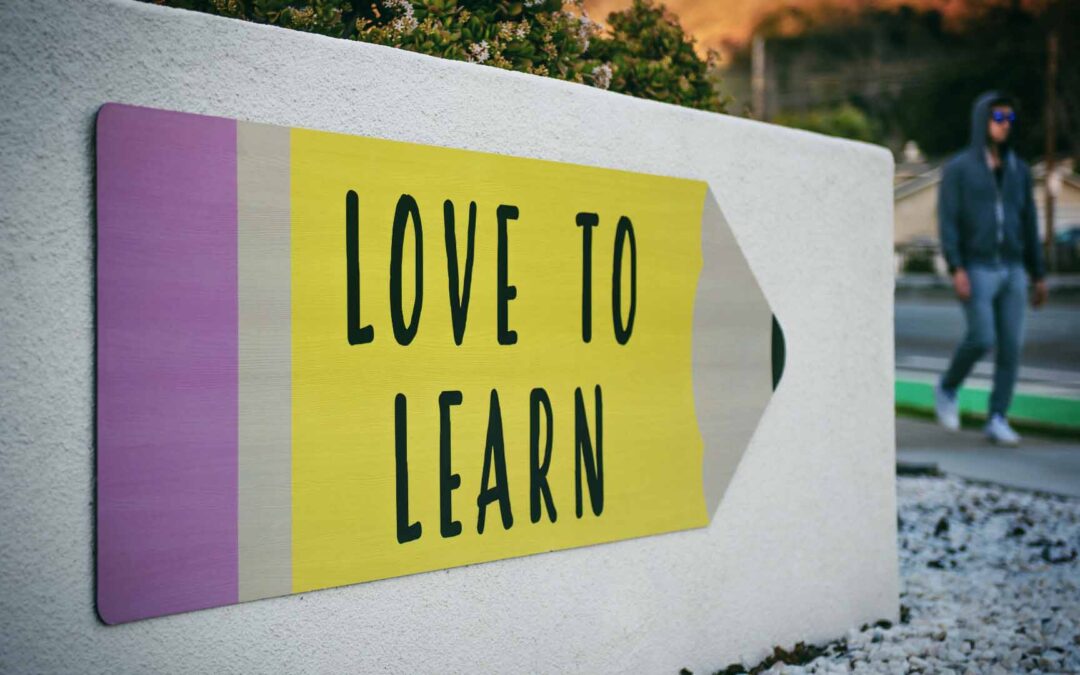Photo by Tim Mossholder on Unsplash
As parents, it’s important to acknowledge that every child comes with their own strengths and weaknesses. We are all different, but if we don’t understand the weaknesses of our children, how will we know what they need to work on? For example, if you don’t realise that your child is struggling with Mathematics in class, you might not know they might be having anxiety about counting change at the Canteen. Read on for some practical tips on how to help a diverse learner.
Be Mindful Of The Impact On Social And Emotional Well-Being.
Academic struggles do not just impact classroom performance, it also has an impact on social and emotional well-being. If a child feels like they are behind their peers academically, they may feel withdrawn from social interactions. Issues with social and emotional well-being may result in behavioural issues, and low self-esteem. This is why it’s crucial to help your child get back on their feet in the classroom.
Let Them Rest When They Get Home
The school day is packed with a lot of new information for your child to learn. If your child has diverse learning needs, they may have been overwhelmed at some point during the day. It’s important that when they first get home you let them rest within the first hour. Save the chores and homework for after this period.
Celebrate The Successes
Your child may be struggling in more than one area whether it be emotionally, socially, academically, and/or physically. It’s important that when they do encounter little moments of success, you embrace them! Sure, it might not be 20/20 on a spelling test, but it might be much higher than their score the previous week! Celebrating little successes may boost their confidence so much that they encounter more.
Let Them Know They Have A Gift
In some instances, diverse learning difficulties can result in positive outcomes. For example, a child with Dyslexia might struggle to read and write, but they could be amazing artists! Other children who could have attention deficit disorders may have highly creative brains, and these can be amazing traits to have that an employer is looking for.
The greatest journey in raising diverse learners is watching them flourish after going through a tough period. Always be mindful of how far your child has grown over the years, and how they have pushed through adversity. Their character will have grown, and yours will have too!
This article was inspired by episode #53 of The Parent-Teacher Project entitled Helping Diverse Learners with Junedha Sheriff, and Nathan Frazer.
Listen to the entire episode below.
Don’t forget to leave us a review on Apple Podcasts!
Latest Stories from Pared Academy
Reasons To Build Rapport With Your Students
From time to time you’ve probably wondered why your teenager tends to act so impulsive. As you read on you will not just understand more about your teenagers brain, you will also…
Tips For Parenting In A Digital Age
From time to time you’ve probably wondered why your teenager tends to act so impulsive. As you read on you will not just understand more about your teenagers brain, you will also…
Design Thinking In The Classroom
From time to time you’ve probably wondered why your teenager tends to act so impulsive. As you read on you will not just understand more about your teenagers brain, you will also…









